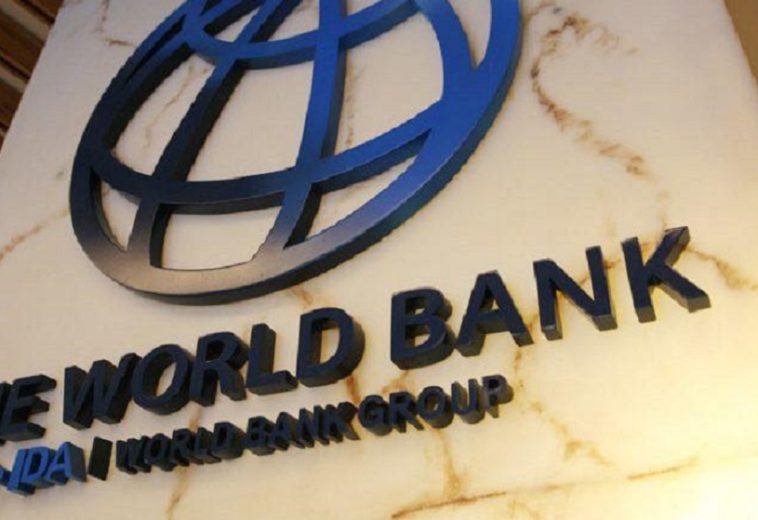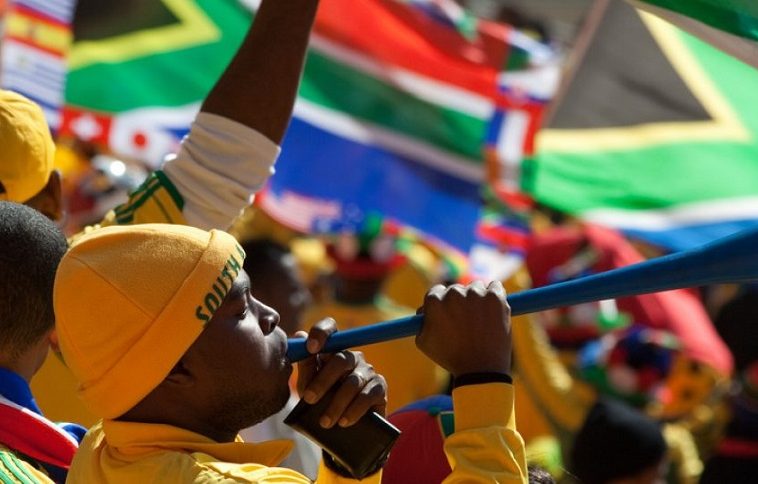The Black Lives Matter movement, founded in 2013 by Alicia Garza, Patrisse Cullors, and Opal Tometi, was sparked by the acquittal of Trayvon Martin’s killer. Since then, BLM has evolved into a global movement, pushing against systemic racism and police brutality. The movement focuses on addressing the staggering levels of violence and injustice faced by Black communities, who are disproportionately affected by these issues.
Between 2013 and 2021, police violence in the United States resulted in the deaths of at least 9,179 people, according to data compiled by Mapping Police Violence. In the past year alone, the group has recorded 1,068 police killings, equivalent to an average of three deaths per day since the death of George Floyd.
Global Trends
As of 2024, police have killed 783 people in the United States, with the alarming statistic that only ten days this year have been free of police killings. According to policeviolencereport.org, further analysis reveals that a lot of individuals are disproportionately affected by police brutality, with 27% of those killed being Black. The report also found that Black people were more likely to be unarmed at the time of their killing (35%), and less likely to be threatening someone when killed (36%).
Reports by the British Broadcasting Corporation (BBC) indicate that from 2014 to 2021, approximately nine Black people were killed in the United States due to police brutality. Black Lives Matter protests erupted in 2022 after the killing of George Floyd, who died after a police officer knelt on his neck during his arrest in Minneapolis.
Impact on Policy and Legislation
The movement has had a significant impact on policy and legislation worldwide. In the United States, the movement has led to notable policy changes, including the passage of the George Floyd Justice in Policing Act by the House of Representatives in June 2020. This landmark legislation aims to reform police practices and hold officers accountable. Additionally, several states and cities have enacted reforms, such as banning chokeholds and enhancing body camera usage.
The movement has also had a profound impact in the United Kingdom, sparking widespread protests and renewed discussions about the legacy of colonialism and the need for reparations. As a result, local councils and institutions have begun to review their connections to historic injustices, leading to a deeper understanding of the past and its ongoing impact on communities today.
With significant influence on cultural and social shifts, the movement has had far-reaching effects on media representation and corporate and academic practices. In the media sphere, the increased focus on racial issues and diversity has led to more stories about Black experiences being told. Major platforms like Netflix and BBC are expanding their content to include more diverse perspectives.
Corporations and universities have also taken steps to promote diversity and inclusion. Many have committed to initiatives aimed at addressing systemic biases and promoting greater equity, including funding research on racial disparities and implementing internal changes to foster a more inclusive environment.
Africa’s Solidarity and Response
Several movements across Africa began as a call to end police brutality, but gradually drew significant parallels with BLM. The #EndSARS protests in Nigeria which gained international attention in October 2020, highlighted similar issues of police violence and corruption. In South Africa, solidarity with BLM was shown through protests and campaigns addressing both local and global racial issues. The movement reinforced calls for justice for victims of racial violence, including the cases of Nathaniel Julius and the Marikana massacre.
The protests and campaigns highlighted the need for greater accountability and reform within the continent’s law enforcement and justice systems. Across the continent, various organisations and activists have expressed solidarity with BLM. By drawing attention to these issues, BLM has inspired a global conversation about systemic racism and police brutality and has sparked a movement for change that is not limited to any one country or region.
African universities and cultural institutions have also played a significant role in engaging with the issues raised by BLM. They have incorporated discussions about race and systemic inequality into curricula and public dialogues. This has helped to promote greater understanding and awareness of the global dimensions of racial injustice and has provided a platform for African voices to be heard in the global conversation about BLM.
Challenges and Opportunities
The movement in Africa has intersected with local struggles against colonial legacies and systemic inequality, leading to a complex dialogue. While BLM has fostered solidarity and a sense of shared struggle, it has also highlighted divisions within African societies regarding race, class, and historical grievances.
The Black Lives Matter movement presents an opportunity to address these issues comprehensively. This requires a nuanced understanding of both global and local contexts, rather than perpetuating existing divisions and conflicts, as African societies wrestle with the legacies of colonialism and the ongoing impact of systemic inequality.




